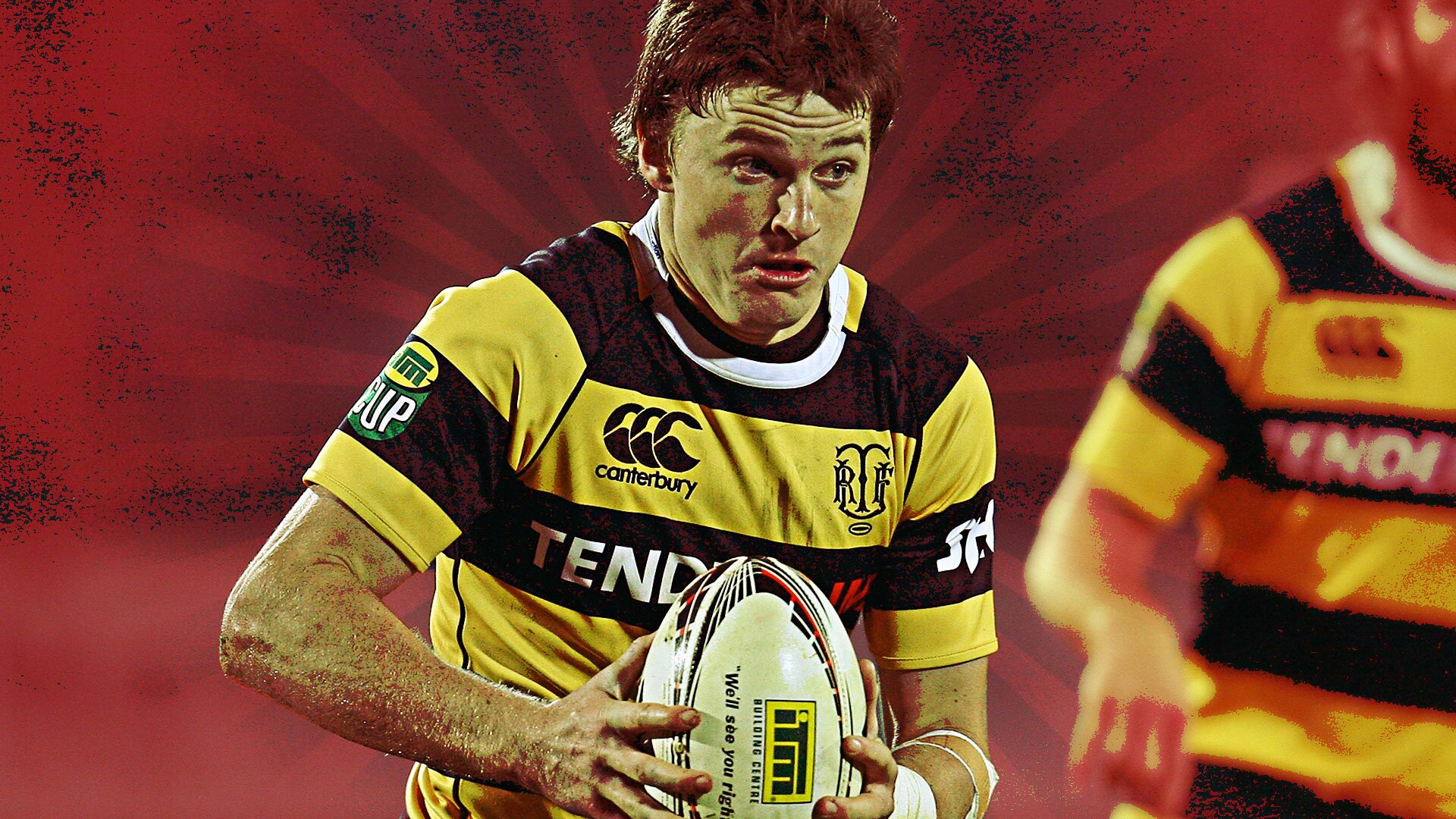Pay cuts are just the tip of the iceberg for New Zealand Rugby when it comes to COVID-19

Pay cuts are the topic of the day as New Zealand Rugby (NZR) deals with the ramifications of COVID-19.
All Blacks coach Ian Foster and star playmaker Beauden Barrett have both confirmed that their back pockets will be in line for shrinking as NZR deals with the fallout of COVID-19.
Rugby Australia are bracing for ‘significant cuts’ after reporting a $9.4m loss.
A return to Super Rugby is all but off the table at this point, as are the chances that the All Blacks home July internationals against Wales and Scotland go ahead.
New Zealand’s rugby talent pool now faces the very real possibility of no competition for the foreseeable future. As a result, pay cuts were inevitable and are a requirement for NZR to stay above water in these deeply uncertain times.
The financial outlook at NZR was already difficult prior to this global health pandemic and the sport itself was very much on moving ground.
With the disconnect between the grassroots and professional game being larger than ever, plans were already in place to shift provincial unions toward a more administrative role, with a key eye toward increasing participation numbers rather than having a primary focus on producing strong sides for the NPC which begins around August.
Just as fans were getting their heads around that, club rugby was also swiftly taken off the table as COVID-19 gained more and more traction in New Zealand.
For NZR, once COVID-19 is over, their big play will be getting some form of top-level rugby going again quickly.
But what does that actually look like? It’s safe to say that nobody really knows at this point and any scenario will be dependent on a number of factors but is ultimately dependent on when New Zealand comes out of a national lockdown.
If restrictions are lifted by mid-April, chances of something happening on the rugby front will increase, but if the lockdown goes beyond its initial four-week period, chances of anything will rapidly diminish.
For the first time since 1916, a New Zealand provincial competition will be cancelled as NZR battle with finances in the wake of the coronavirus pandemic.https://t.co/126VUCOZ5p
— RugbyPass (@RugbyPass) March 30, 2020
From a logistical perspective alone, this is no easy fix at all, regardless of a national lockdown or not. From a financial perspective, all parties want rugby getting back underway as soon as possible, not the least of which is the players.
Whether that’s an altered domestic Super Rugby competition between the five franchises or an All Blacks test series against countries from close by, it’s hard to see NZR putting much of a direct focus being put on any rugby that sits under that, i.e. provincial and club rugby.
Herein lies another opportunity for NZR, but it would be a gutsy one to even consider and would cause a logistical nightmare.
If it were to come to fruition, for the first time in a long time, provincial rugby could end up being the premier platform for the sport on these shores in 2020, at least as aside to the All Blacks.
There has already been some suggestion that Mitre 10 Cup could start earlier. What are the odds that Mitre 10 Cup could be played as a build-up to whatever international series/matches the All Blacks play toward the latter end of the year?
Fans would rejoice with more All Blacks being involved in provincial rugby and it would be of huge benefit to the communities some of the provincial unions serve.
https://www.instagram.com/p/B-VsTfUAz7s/
If the Mitre 10 Cup is to be the first taste of the sport in the aftermath of COVID-19, imagine the spike in interest levels for a competition that has recently seemed almost forgotten by many at NZR.
Usually played around the same time as the Rugby Championship where so much of the focus is on the All Blacks, the passion of the grassroots game isn’t lost, just the attention.
In 2019, Mitre 10 Cup had barely got going before the majority of the nation turned its attention toward the Rugby World Cup in Japan. By the time the World Cup was over, so too was Mitre 10 Cup. That was the last real attention anyone gave to rugby prior to the New Year when franchises were gearing up for Super Rugby again and now, a few months later, here we are in the midst of no rugby whatsoever thanks to a global pandemic.
That lack of mainstream attention could rapidly turn around if NZR were to say no to Super Rugby coming back in 2020 and instead focus on getting the country’s top players back playing in their provincial strips.
Of course, this is all speculation because what else can rugby fans do at this point?

























































